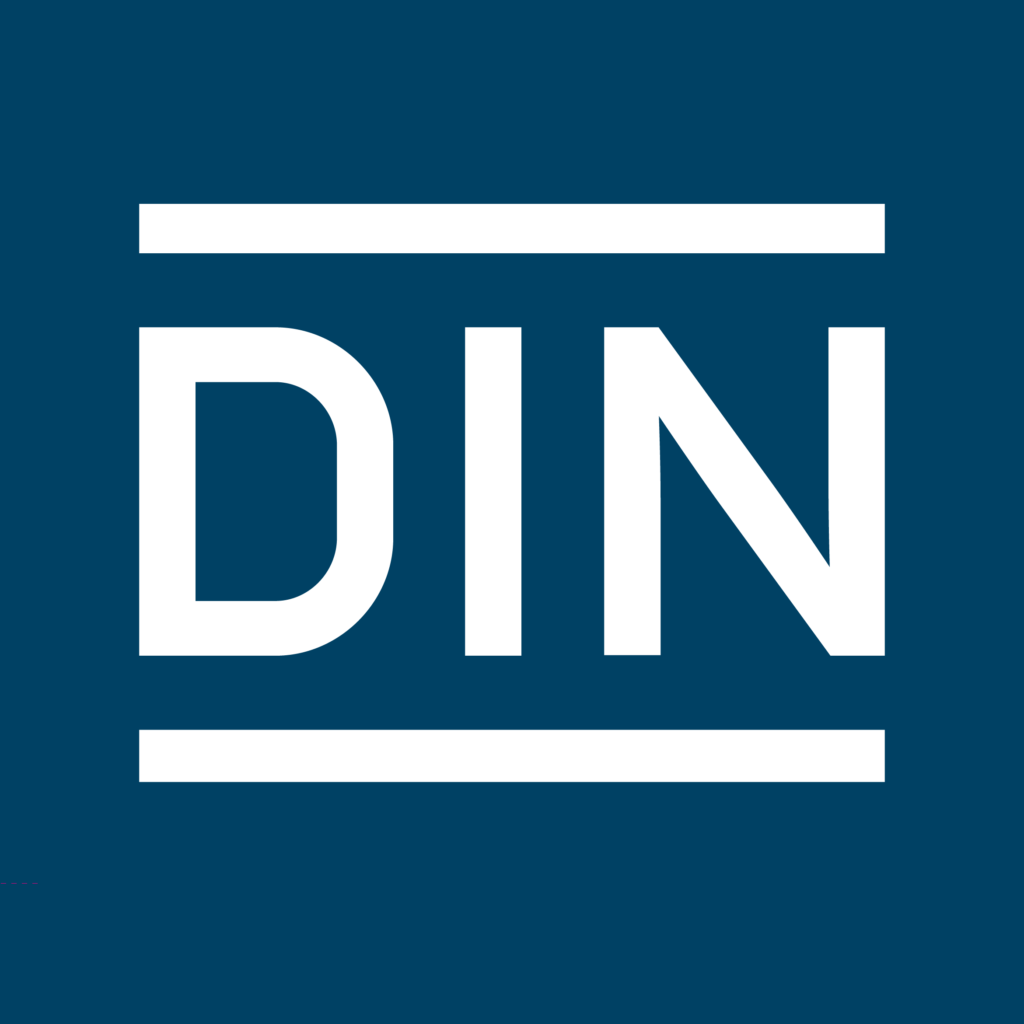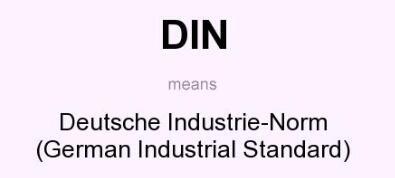DIN is a German standard, DIN stands for ‘Deutsches Institut für Normung’ which means ‘German Institute of Standardization’. DIN is analogous to U.S. standards like ASTM and UL.
DIN (Deutsches Institut für Normung – German Institute for Standardization) standards are issued for a variety of components including industrial fasteners as Metric custom fasteners and special fixings. The DIN standards remain common in Germany, Europe and globally even though the transition to ISO standards is taking place. DIN standards continue to be used for parts which do not have ISO equivalents or for which there is no need for standardization as
Metric custom fasteners and special fixings.

Deutsches Institut für Normung e.V. (DIN; in English, the German Institute for Standardization) is the German national organization for standardization and is the German ISO member body. DIN is a Registered German Association (e.V.) headquartered in Berlin. There are currently around thirty thousand DIN Standards, covering nearly every field of technology, Such as DIN 927 slotted shoulder screws / stripper bolts, DIN 933 Hexagon head bolts / cap screw.
Founded in 1917 as the Normenausschuß der deutschen Industrie (NADI, “Standardisation Committee of German Industry”), the NADI was renamed Deutscher Normenausschuß (DNA, “German Standardisation Committee”) in 1926 to reflect that the organization now dealt with standardization issues in many fields; viz., not just for industrial products. In 1975 it was renamed again to Deutsches Institut für Normung, or ‘DIN’ and is recognized by the German government as the official national-standards body, representing German interests at the international and European levels.

